Search
Search within Earthquake
6 results found
Briefing
Humanitarian Response to the Kahramanmaraş Earthquake in Syria ar
On 6 February 2023, an earthquake with a magnitude of 7.8 on the Richter scale brought destruction to southern Türkiye and northern Syria. The official death toll exceeded 50,000, with more than 7,000 fatalities occurring in Syria.1 An estimated 12…
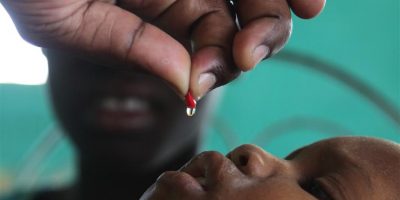
Background report
Rapid Monitoring in Vaccination Campaigns during Emergencies: The post-Earthquake Campaign in Haiti
The earthquake that struck Haiti in January 2010 caused 1.5 million people to be displaced to temporary camps. The Haitian Ministry of Public Health and Population and global immunization partners developed a plan to deliver vaccines to those residing in…
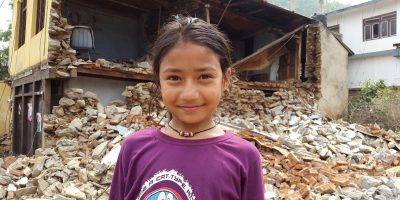
Briefing
Focus on Nepal Earthquake and Earthquakes in Southern Asia
Nepal witnessed a 7.8 magnitude earthquake on 25th April and a 7.3 quake on 12th May, the worst natural disasters since 1900 in terms of number of dead, population affected and economic losses (A). The earthquakes killed more than 9,000 people…
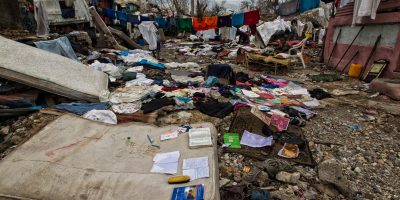
Background report
Poverty & death: disaster mortality 1996-2015
A report on worldwide deaths from geophysical disasters.
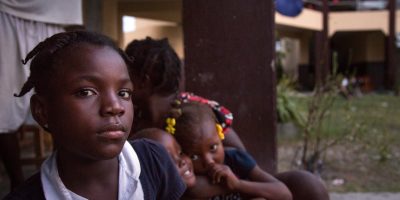
Background report
Prioritizing Health: A Human Rights Analysis of Disaster, Vulnerability, and Urbanization in New Orleans and Port-au-Prince
Climate change prompts increased urbanization and vulnerability to natural hazards. Urbanization processes are relevant to a right to health analysis of natural hazards because they can exacerbate pre-disaster inequalities that create vulnerability. The 2010 earthquake in Port-au-Prince and the 2005…
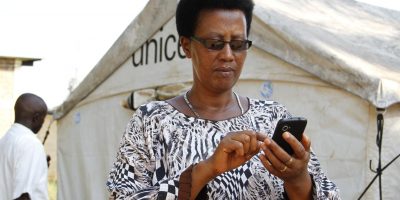
Evidence review
Lessons Learned: Social Media Monitoring during Humanitarian Crises
Monitoring of social media conversations in the aftermath of the Nepal earthquake was found mainly to be useful in two ways: 1. Analysing public reactions to media reports: The data enabled the team and clients to see which issues were…


